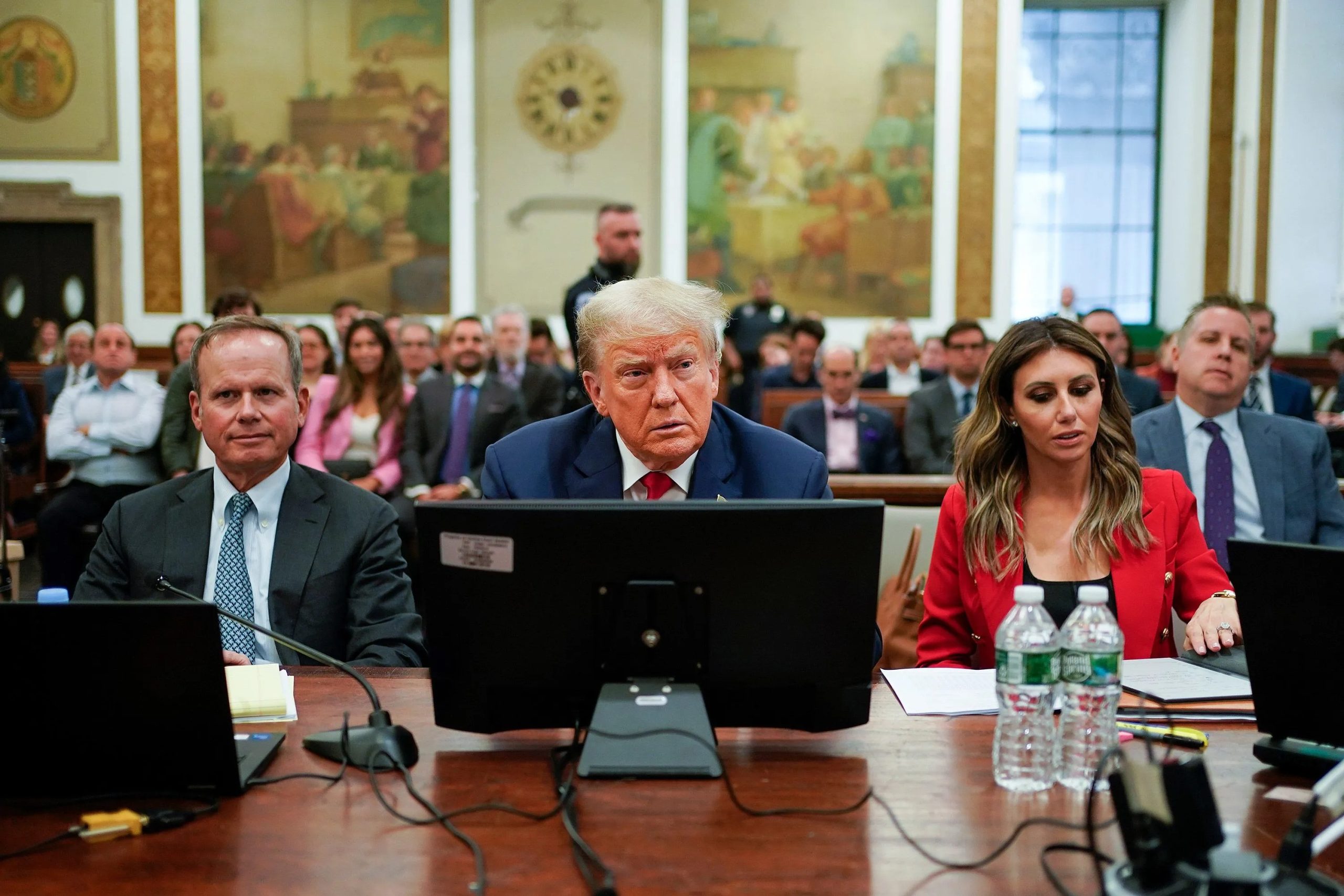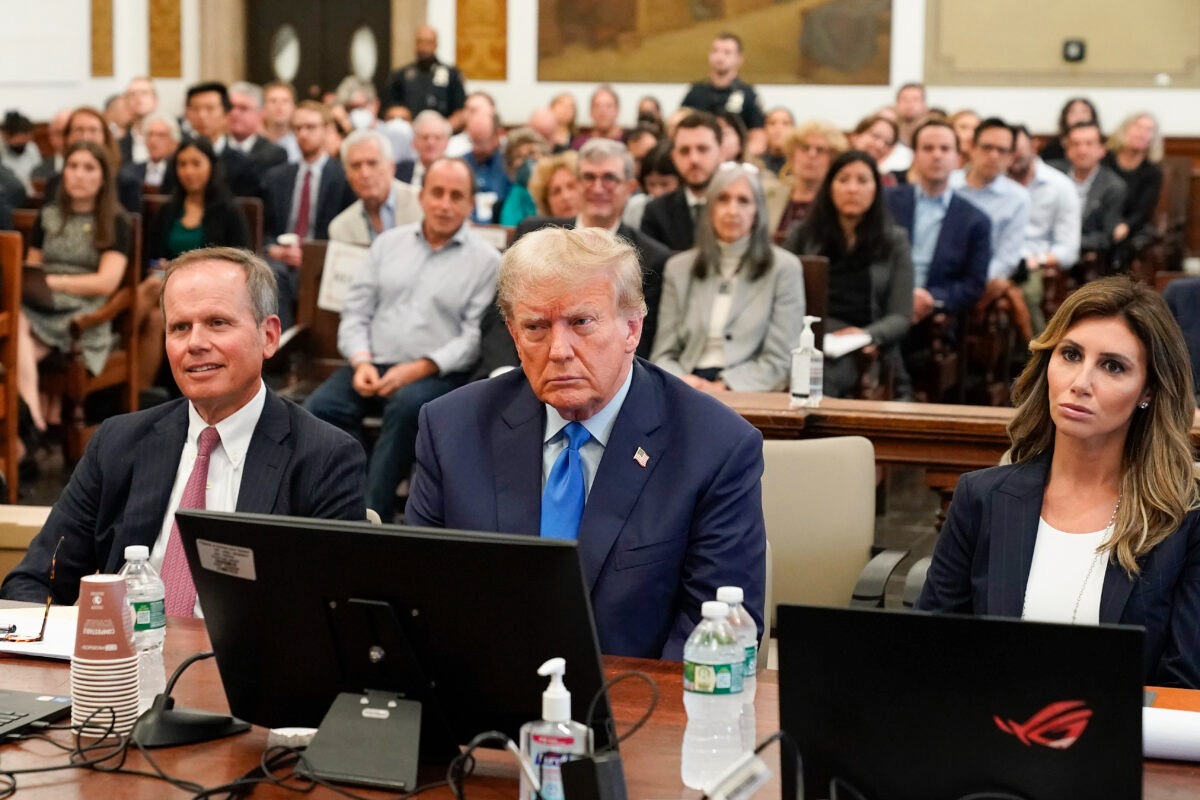The Biden administration’s commitment to worker rights and union organizing has encountered a significant obstacle in the form of a federal judge appointed by former President Trump. J. Campbell Barker of the U.S.
District Court of Tyler, Texas, recently invalidated a National Labor Relations Board (NLRB) rule to hold large corporations jointly responsible for the welfare and unionization rights of workers employed by their franchisees.
This ruling, prompted by a lawsuit brought by the U.S. Chamber of Commerce and other business lobbies, represents a setback for protecting workers’ rights.

Michael Hiltzik (Credits: CNN)
Barker’s ruling undermines the NLRB’s efforts to broaden the standard for joint employer status, a crucial issue for workers whose wages and workplace conditions are influenced by large corporations that shift responsibility onto franchise owners.
Despite the potential benefits for workers, such as improved wages and greater opportunities for unionization, Barker deemed the NLRB’s rule overly broad and susceptible to abuse.
The lawsuit, filed by business lobbies representing various industries, reflects longstanding opposition to efforts to expand joint employer status.
These lobbies, including those representing builders, restaurants, hotels, and convenience stores, have sought to maintain control over workplace conditions while avoiding legal liability for labor violations.
The legal battle over joint employer status is emblematic of broader trends in labor relations, particularly in industries reliant on the franchise model.
Major corporations, including McDonald’s, Marriott, Walmart, and Amazon, have faced scrutiny over their treatment of workers and efforts to evade responsibility as joint employers.

Credits: (NBC Palm Springs)
Efforts to hold these corporations accountable have faced resistance, with the Trump-appointed NLRB actively working to shield them from legal repercussions.
Despite these challenges, the Biden administration remains committed to advancing worker rights and combating corporate exploitation.
With Julie Su nominated as Secretary of Labor and efforts to restore the NLRB’s role as a protector of collective bargaining rights, the administration is responding to entrenched anti-worker interests.
However, Judge Barker’s recent ruling underscores the ongoing struggle to secure meaningful protections for workers in the face of powerful corporate opposition.
As the legal battle over joint employer status continues, workers’ advocates hope the NLRB will appeal Barker’s decision and ultimately prevail in ensuring that corporations are held accountable for their treatment of workers.
The outcome of this dispute will have significant implications for millions of workers across various industries, underscoring the importance of robust labor protections and enforcement mechanisms.























